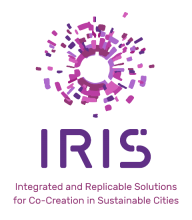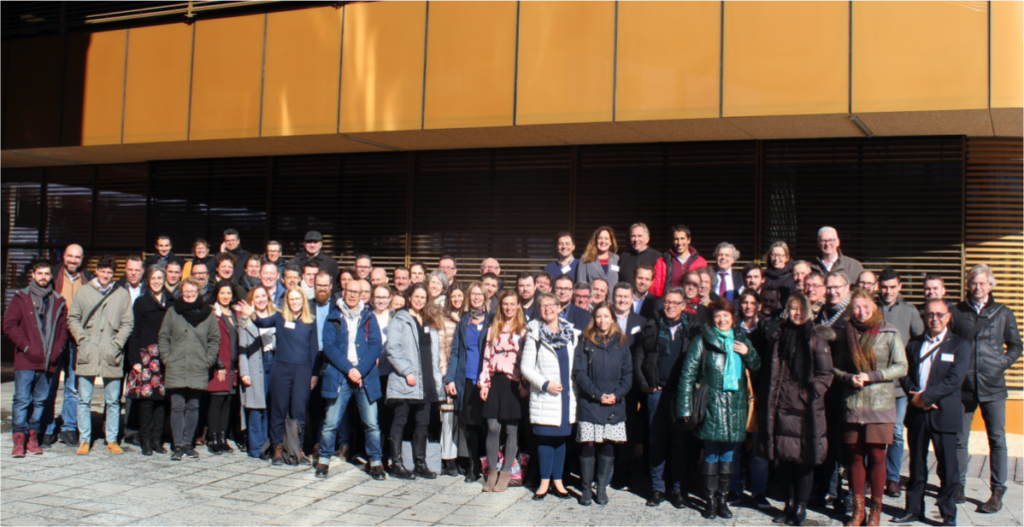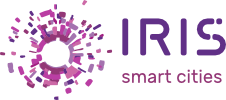Tuesday, March 27, 2018 – 00:00 to Thursday, March 29, 2018 – 00:00Gothenburg, Sweden

IRIS Smart Cities initiative discusses dropping the barriers to sustainable tech and behaviours as work starts in earnest at first full project meeting in Gothenburg, Sweden.
Simplifying the “difficult first sale” transition to sustainable practices – as well as how to further upsell and expand these behaviours – is at the core of the European initiative, IRIS Smart Cities. The project focuses on energy and mobility solutions, digital services and developing public participation; and welcomed spring 2018 in Gothenburg, Sweden for their first full project meeting after six months of the project.
For meeting host Björn Westling of Johannesburg Science Park, smart has to be simple to trigger a change. “A smart city, is one that makes it easy to be able to do the right thing. A city that supports being sustainable. For instance, using public transport instead of your own car, sharing rather than owning, economising not wasting resources,” he says.
This can be accelerated by taking tried and tested solutions and identifying innovative companies to partner with according to Ulrika Wahlström of innovation bureau IMCG. “We are looking for solutions for tomorrow’s challenges and we have already seen that several of the solution providers in IRIS have the capability to contribute to solve them,” she said at the Gothenburg gathering.
Indeed, two IRIS partners have recently entered into a nationwide agreement across Sweden, where 3,300 Riksbyggen housing associations will have access to comparable energy statistics through Metry.io platform for digital energy statistics, which makes a wealth of difficult to understand and incompatible information into simple, visual and actionable intelligence for individuals and companies.
Dropping the security and comfort of a private car is a particularly tough sell in economies experiencing increasing motorization rates. Attendee Dan Cazaciuc from Focsani Municipality in Romania was inspired by Gothenburg’s “easy and attractive bus and public transport services, electric buses with USB and WiFi aboard and seamless e-ticketing solutions” as major levers to overcome a growing image deficit for mass transit.
This kind of international collaboration remains key to progress Björn Westling adds, “We have so much to learn from each other. The outlooks and circumstances of each IRIS partner is different, so it gives us a lot of possibilities for lateral thinking and addressing issues in a new way. That is so valuable in building a sustainable transition for cities across Europe and beyond”.
Further news, insight and opinion from IRIS Smart Cities is available on their twitter or LinkedIn feeds – plus online at irissmartcities.eu


